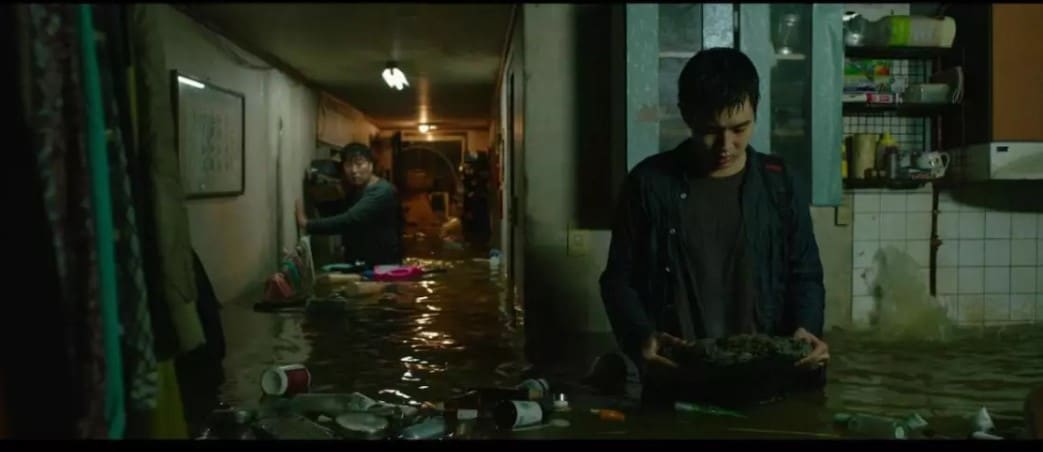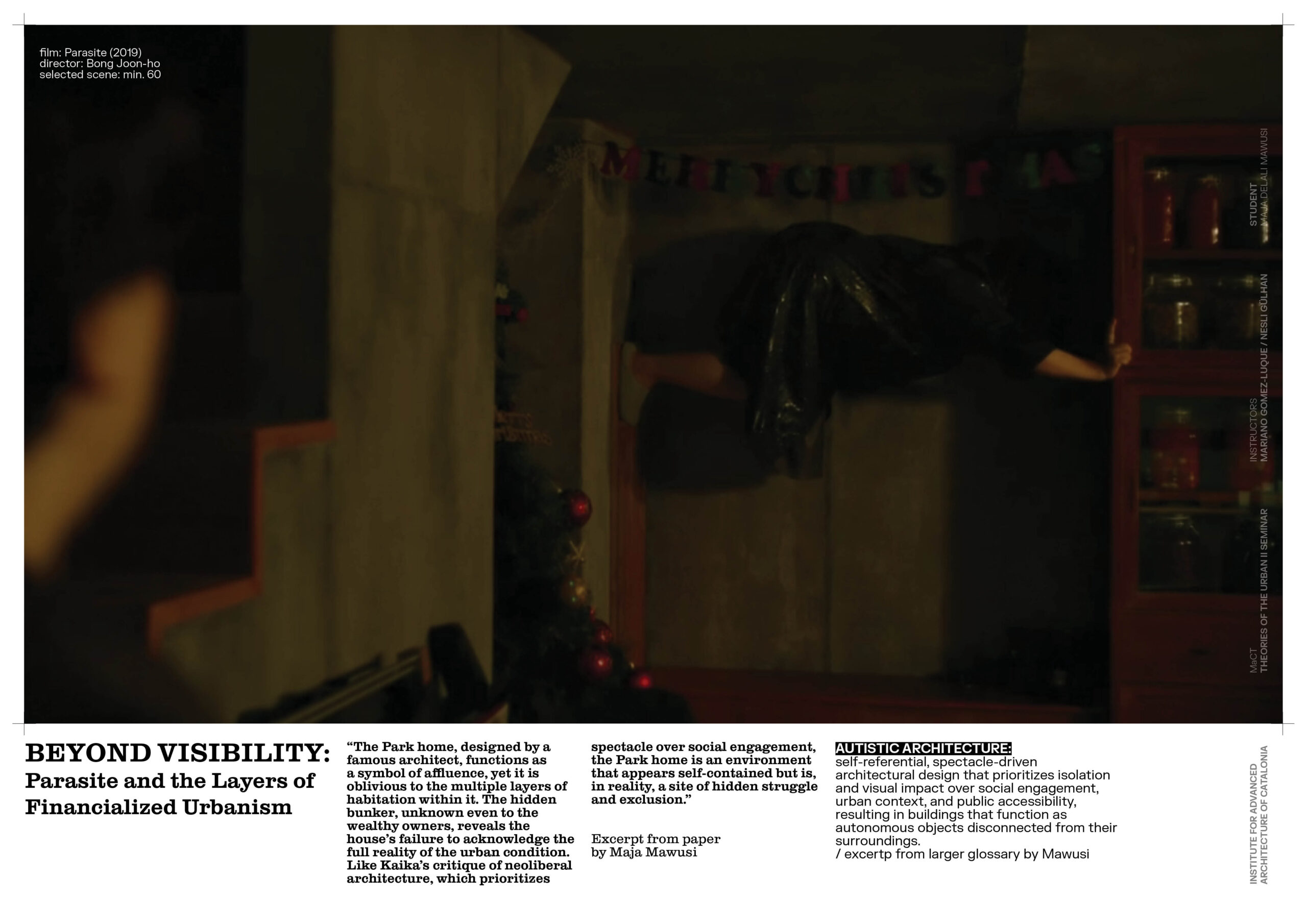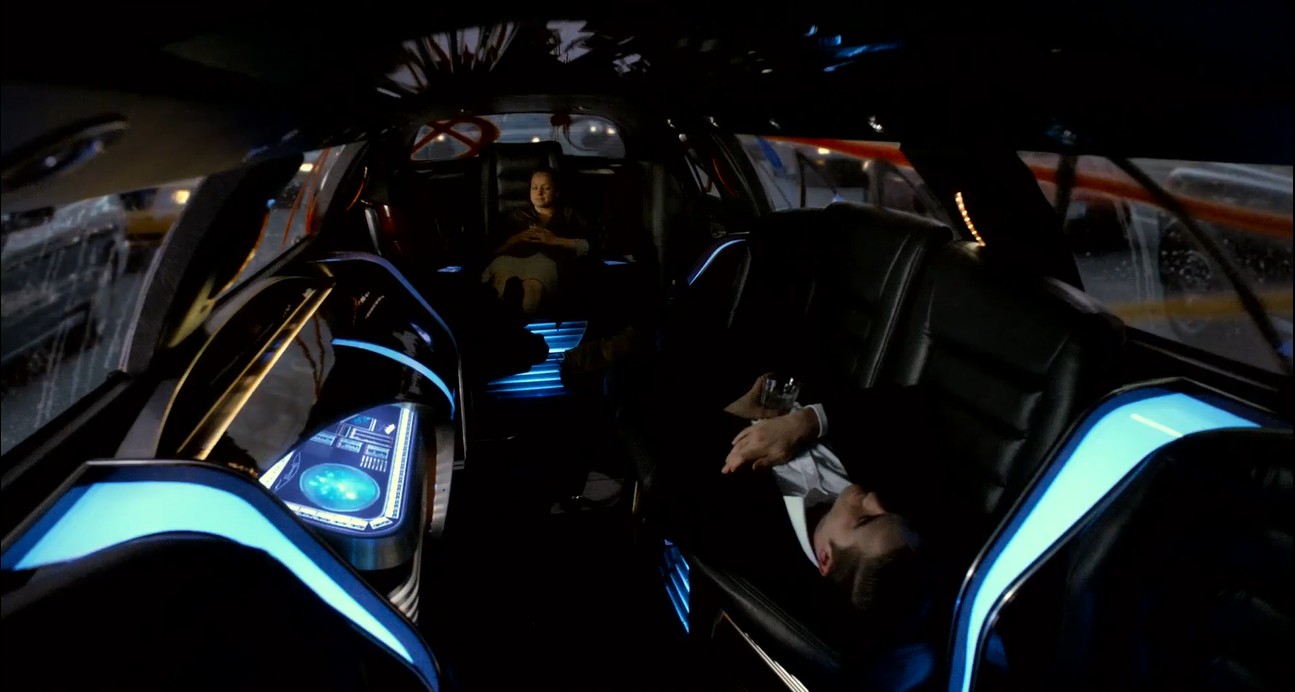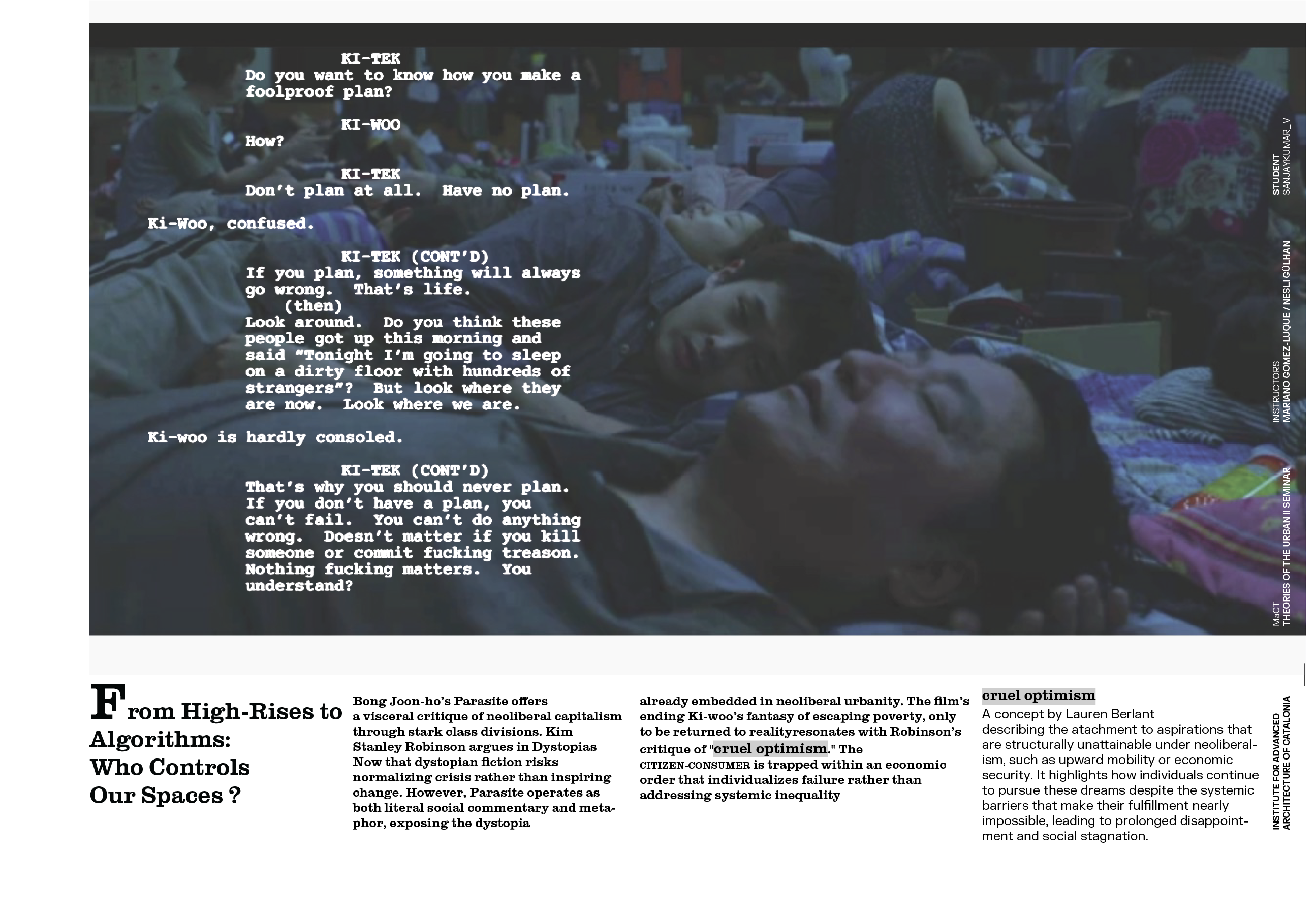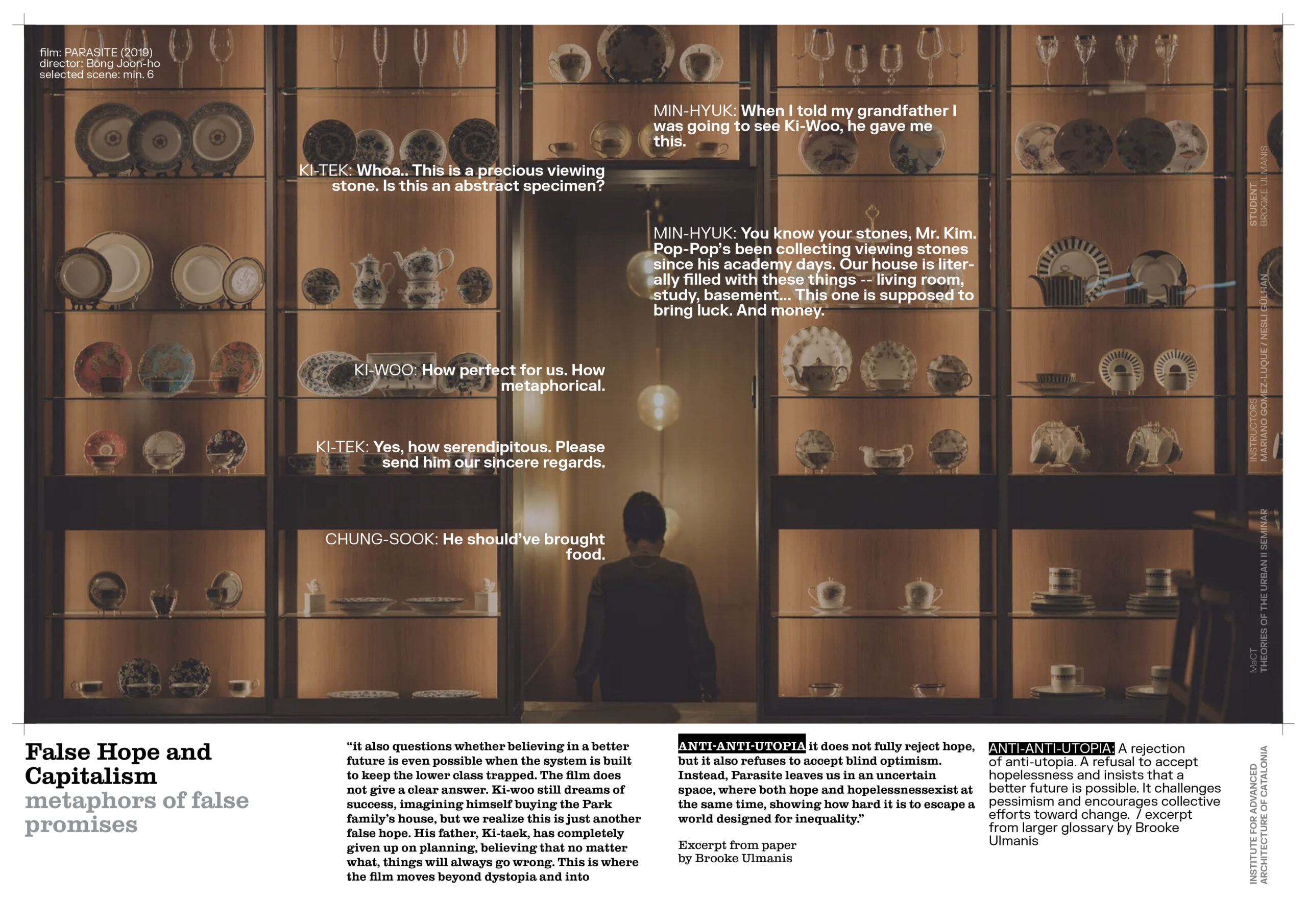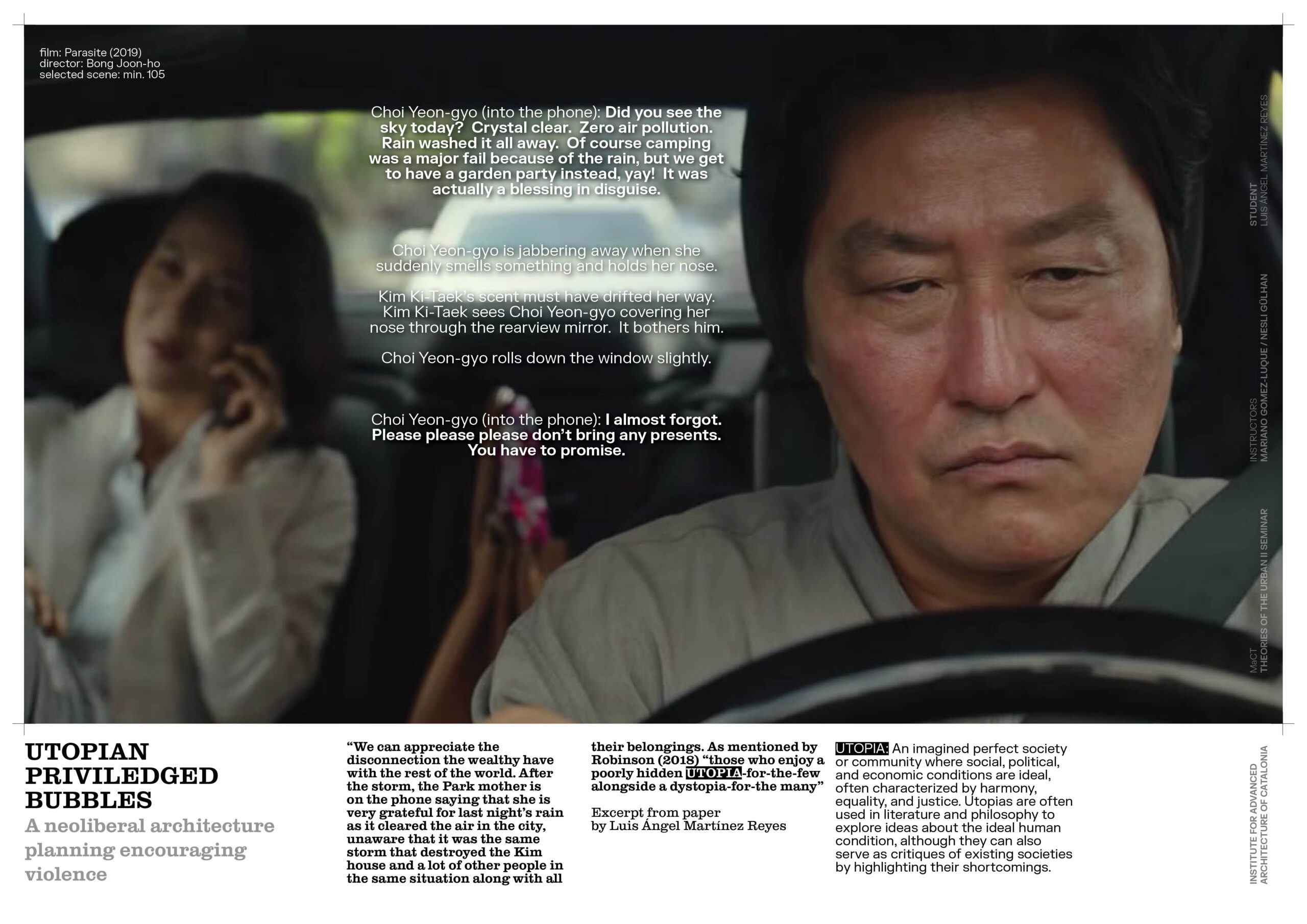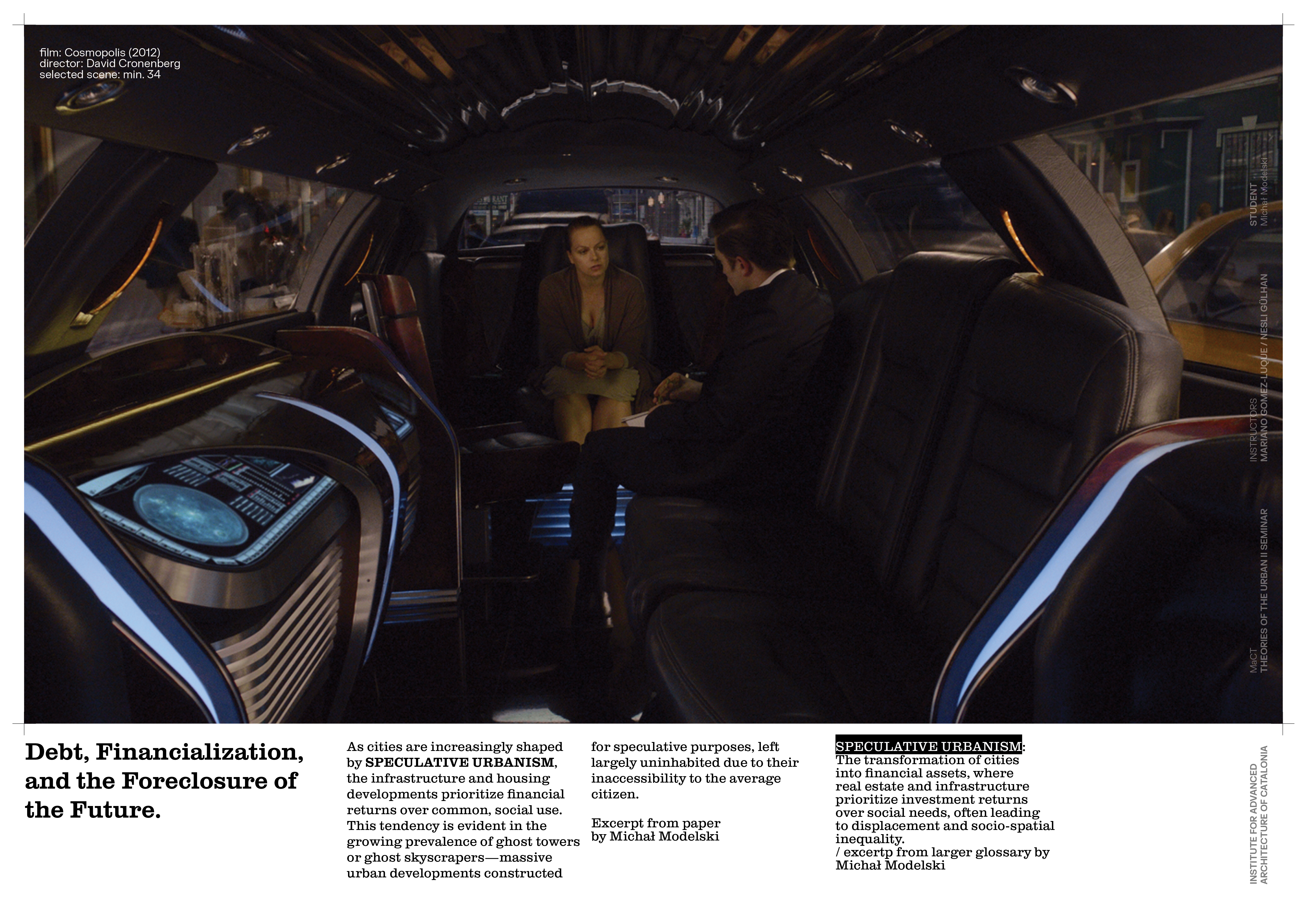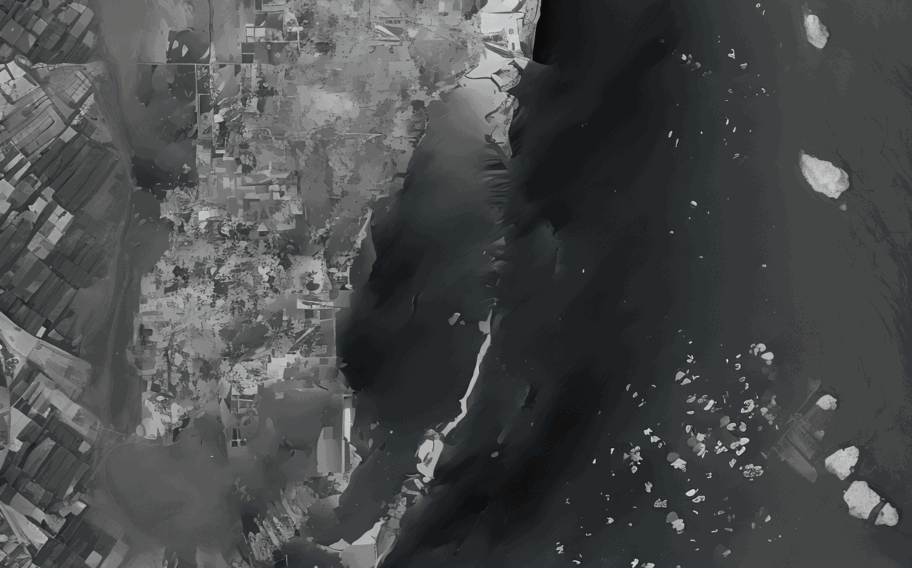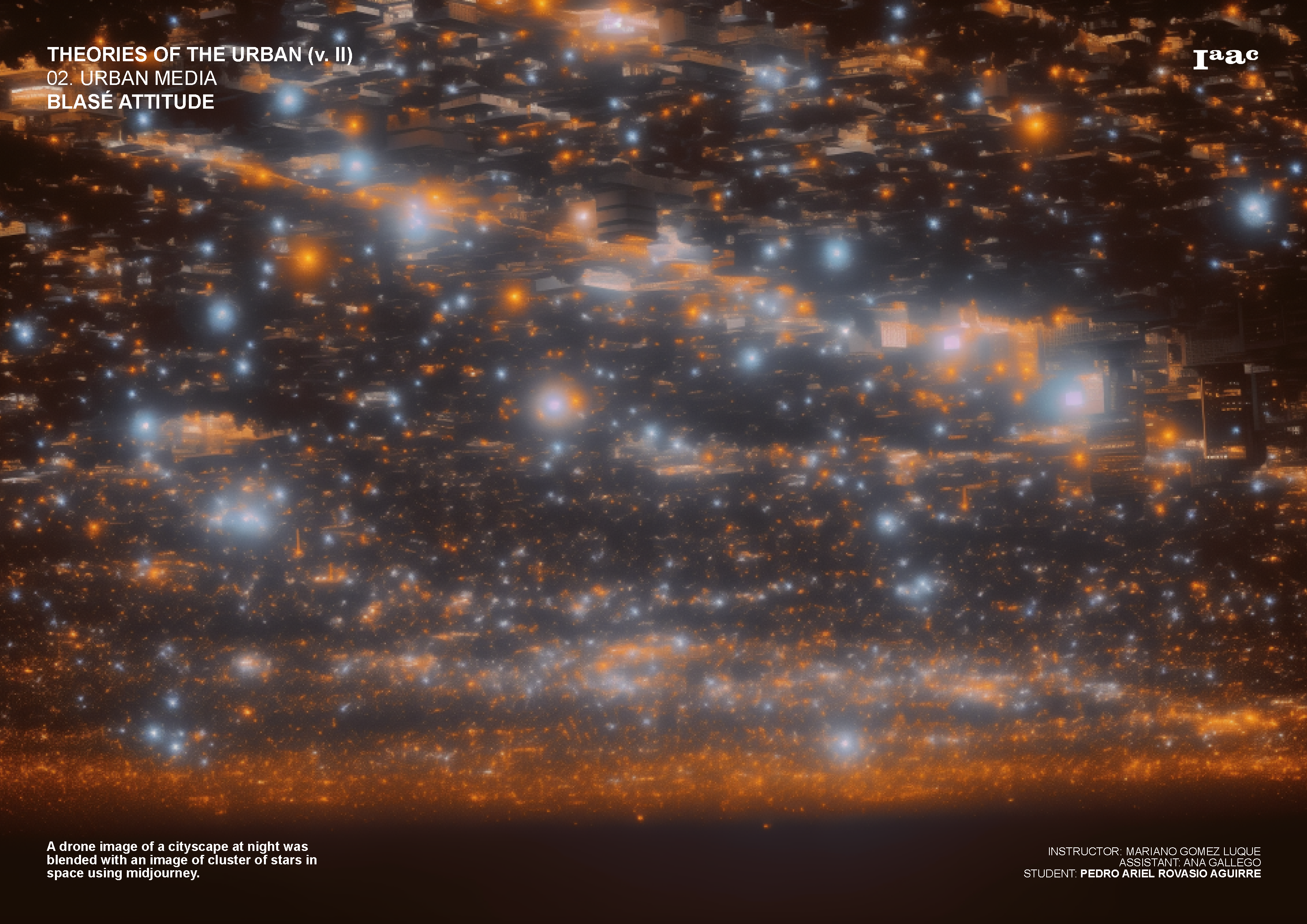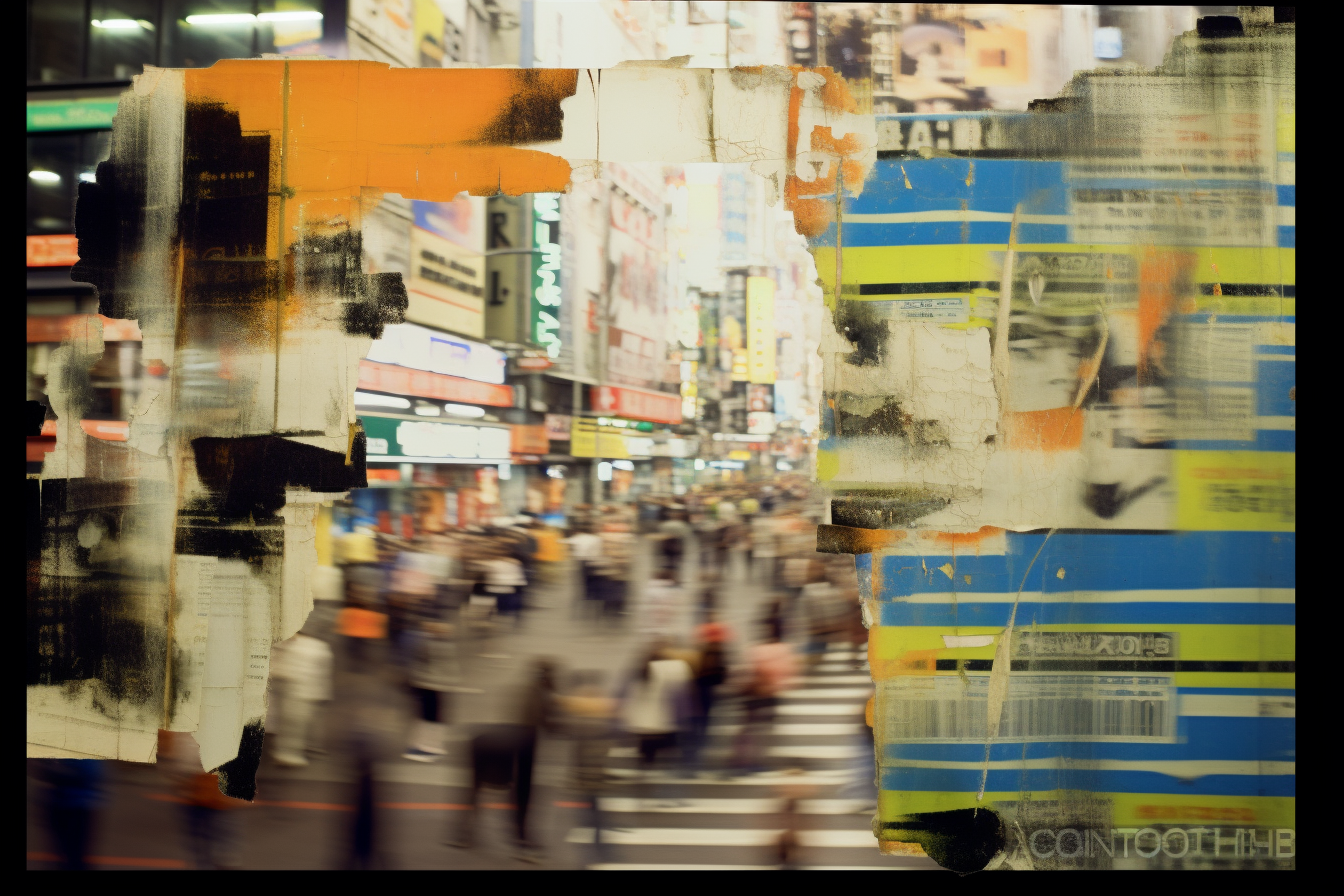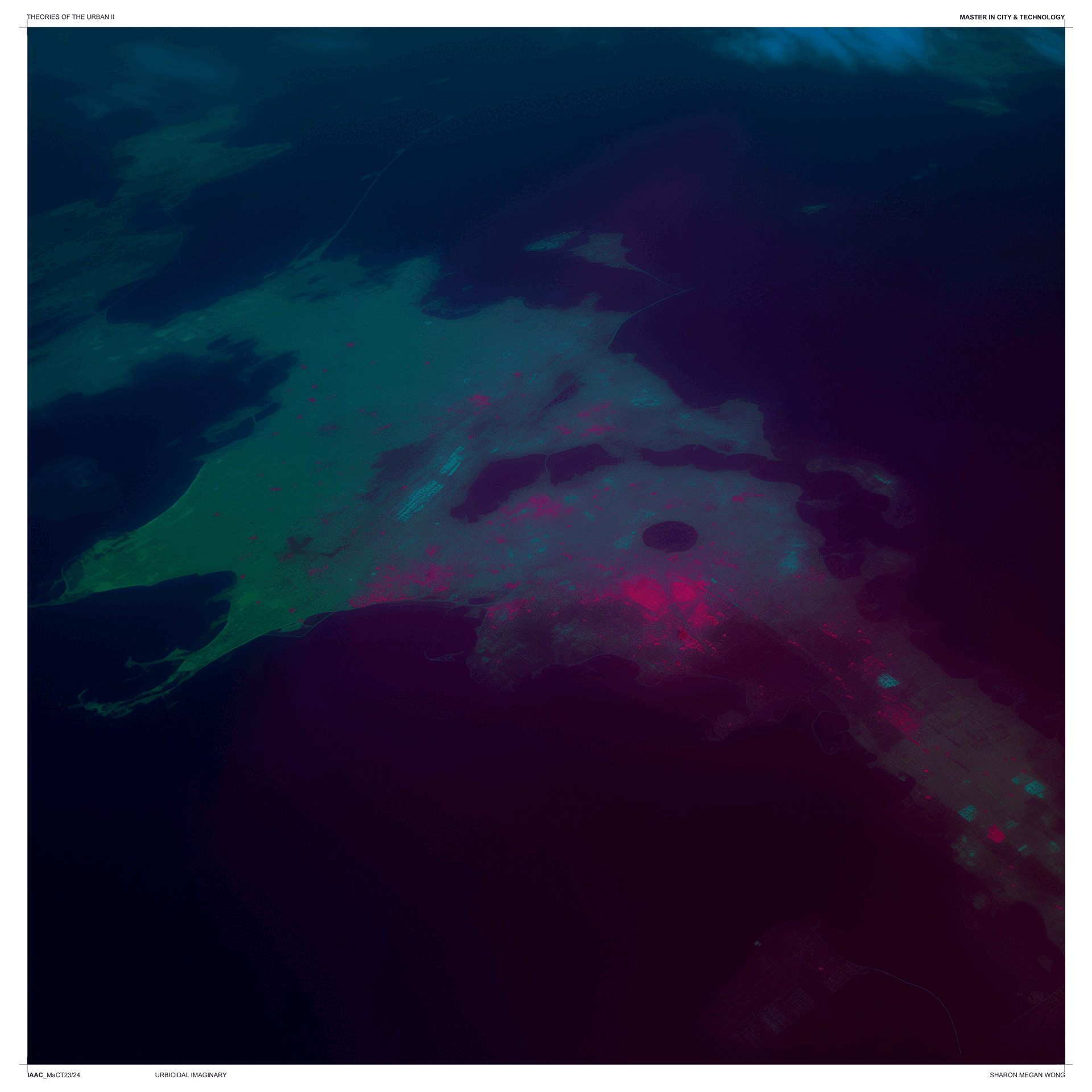The Master in City & Technology’s academic structure is based on IAAC’s innovative, learn-by-doing and design-through-research methodology which focuses on the development of interdisciplinary skills. During the Master in City & Technology students will have the opportunity to be part of a highly international group, including faculty members, researchers, and lecturers, in which they are encouraged to develop collective decision-making processes and materialize their project ideas.
THE SKYLINE OF THE CAPITAL
Architecture as a means of social segregation “capital materializes, to a large extent, through urban construction, the establishment of social relations in the city, the organization of space in the city, among others” (Harvey 2020, 23) According to Charles Jencks, the death of the modern architecture dated on July 15, 1972 at 3:32 p.m, when … Read more
The Bodies of [Urban] Finances – Eye of the Bear, the Bull, and the Rat [on]Capitalism
CRITICAL QUESTION: “How can urban planning and architectureactively resist the dominance ofspeculative capital, and instead promoteequitable, community-driven developmentthat prioritizes social cohesion and publiclife over the financialization of space?“ ——————————————————- The city is not just a physical construct of streets and buildings; it functions as a living entity, constantly shifting, shaped by the flows of CAPITAL … Read more
From High-Rises to Algorithms:
Who Controls Our Spaces?
False Hope and Capitalism
metaphors of false promises
Theories of the Urban II
URBAN RESILIENCE : A dynamic governance framework for the Anthropocene, urban resilience combines ecological strategies with infrastructure safeguarding, embracing diverse, site-specific approaches to ensure cities withstand and adapt to crises, thereby maintaining their core identity and functions. URBAN FUTURES: Reimagining sustainable cities in the climate crisis era, grounded in today’s social realities and informed by … Read more
Rethinking Urban Life
Islandisation a strategy, that seeks disengagement from interconnected networks. With contextual roots in historical urbanization, islandisation signifies a new era of Anthropocene coastal adaptation, divergent from traditional resilience strategies. It serves as a protective shield, selectively severing detrimental ties while upholding others. Resilience is a concept mobilized in urban studies,shaped by sociopolitical forces, and harnessed … Read more

